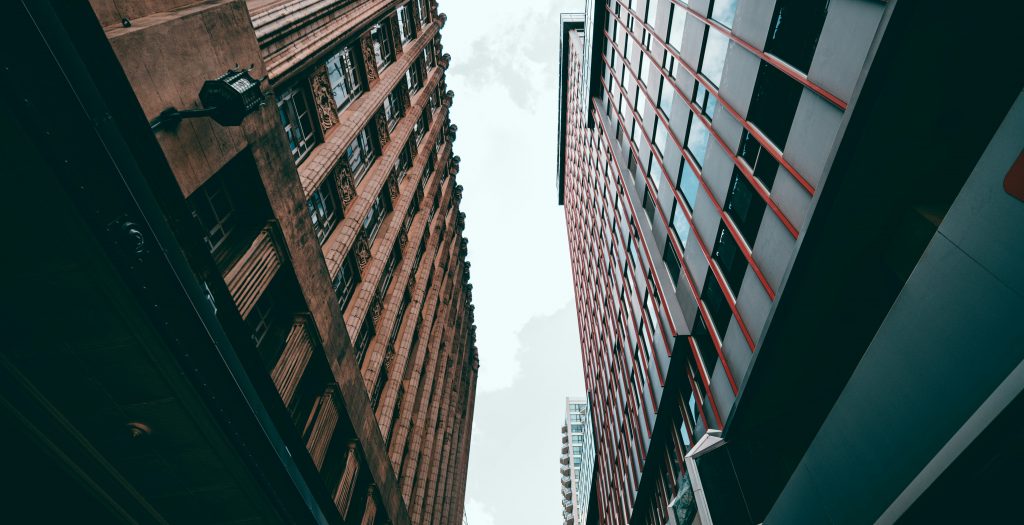Our director, Ali Karambayev is looking to convert unused office space in downtown Auckland into apartments and wants the local board to be more supportive.
The resident population of the Waitematā local board area, which includes the central city, fell from 82,866 to 81,546 between 2018 and 2023, Census data shows, despite the overall region increasing in population by 5.4%.
Auckland mayor Wayne Brown and others have called for the rules around office-to-residential conversions to be simplified with the aim of attracting more people to live in the central city.
“More residents in the city is the best way to reduce crime and increase business survival,” Brown told BusinessDesk this week.
However, a recent conversion proposal has fallen afoul of the Waitematā local board.
In an update published this week, board member Alex Bonham said the board strongly opposed alterations sought for a proposed conversion of offices into five apartments at level 7, 155 Queen Street.
“There are many rooms that will be used for bedrooms with no windows,” she said.
“The bathroom facilities are inadequate. This is slum housing in the making and we recommend full public notification.”
What’s the problem?
BusinessDesk asked Ali Karambayev, who owns the seventh floor of the building through his company, what he thought of the future slum comment.
More people living in apartments was the future for Auckland, he said, and the local board should be more supportive, as conversions were already difficult.
There were a number of converted apartments in the building already, Karambayev noted. The seventh-floor apartments he wanted to develop would be large (80-140 square metres, he said), and have two or three bedrooms plus additional study/office space.
“To attract good people, you’ve got to spend money, right? I’m not talking about the shoeboxes that were built in the early 2000s – squeezing three bedrooms in 45sqm.
“It’s not going to be like that.”
Karambayev was targeting well-paid professional tenants who wanted a city pad near their work. The city centre was still recovering from the covid-era slump, and having more people living downtown would help with this, he said.
“It’s not just adding value to the streets,” he said of the proposed conversion.
“It adds value to the building. And if the value goes up, we pay higher council rates – the way I see it, it’s beneficial to everyone.”
Documents submitted in support of the resource consent application, which is still being assessed, said the conversion was a restricted discretionary activity that didn’t require public notification.
“Overall, the proposed design and layout of the units present an effective use of dead space that does not have a direct outlook to the external faces of the building and will provide a high quality of onsite amenity,” the document said.
Update as of 1st of July 2024 – The resource consent has been granted. Great outcome!


